According to its statutes, the AGEM has a scientific advisory board (§ 3.3). The task of the advisory board is to advise the board, to promote the association in the scientific community and to strengthen its profile.
For the period 2023 to 2025 the advisory board is constituted as follows:
Christoph Antweiler (since 2016)
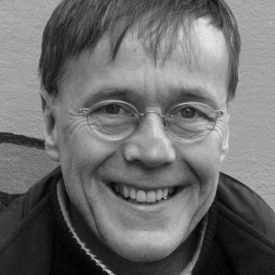
*1956, anthropologist, Professor for Southeast Asian Studies, Institute of Oriental and Asian Studies (IOA) and vice director of the Institute of Oriental and Asian Studies (IOA), University of Bonn. Antweiler focuses on dependent economic and personal relations pertaining to work in Southeast Asia. Work relations, for example in Indonesia, tend to be subdivided into several steps involving several people between the customer and the contractor. If someone wants to build a house, he hires one individual as a contractor who then organizes the building team and large parts of the building planning and implementation. In doing this, he often uses relatives or people dependent on him or who owe him from earlier dependent relations. This creates a chain of patron-client relations often involving semi-free work relations. Antweiler is a member of the Academia Europaea (London) and a member of the International Advisory Board, Humboldt-Forum (Berlin).
Cora Bender (since 2023)
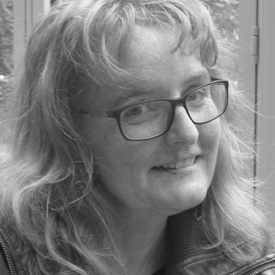
Cora Bender, Dr. phil., ist Ethnologin und spezialisiert auf Medien, Medical Anthropology, Religion und das indigene Nordamerika. Ihre Dissertation über indigene Medien und Wissenskultur des amerikanischen Mittelwestens wurde mit dem Frobeniuspreis für exzellente ethnographische Forschung ausgezeichnet und 2011 unter dem Titel „Die Entdeckung der indigenen Moderne“ beim Transcript-Verlag veröffentlicht. Sie war wissenschaftliche Mitarbeiterin am Frankfurter DFG-Forschungskolleg „Wissenskultur und gesellschaftlicher Wandel“ sowie am Institut für Ethnologie und Kulturwissenschaft der Universität Bremen. Als Vertretungs- bzw. Gastprofessorin hat sie an der University of Texas (Austin), am Heidelberger Exzellenzcluster „Asia and Europe in a Global Context“, an der Universität Wien und an der LMU München gelehrt. Derzeit arbeitet sie am Graduiertenkolleg „LocatingMedia“ der Universität Siegen. Forschungsschwerpunkte: Kulte der Regeneration und Revitalisierung / Schnittstellen zwischen Medien, Religion und Medizin; Digital Health; Methoden, Praxis und Praxistheorie in der Medical Anthropology; indigene Gesundheit; Ernährung und Wellbeing/ Politische Souveränität; indigene Medien und Aktivismus / Verflechtungsgeschichte von Ethnologie und Medienwissenschaft; Kritische Area Studies; Nordamerika.
Cornelius Borck (seit 2016)
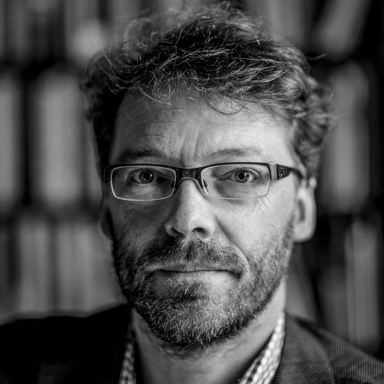
Cornelius Borck is Director of the Institute of History of Medicine and Science Studies (IMGWF) of the University of Lübeck, and Acting Director of the Center for Cultural Research Lübeck (ZKFL). He studied medicine, philosophy religious studies and history of medicine in Hamburg, Heidelberg and Berlin. After completing his studies with a PhD in Neuroscience at Imperial College London and a postdoc in science studies at Bielefeld University, he was awarded a Karl-Schädler-Research Fellowship at the Max-Planck-Institute for the History of Science in Berlin, directed the research group “Writing Life, Media Technologies and the History of the Life Sciences 1800–1900” in the Faculty of Media at the Bauhaus University in Weimar and held a Canada Research Chair in Philosophy and Language of Medicine at McGill University in Montreal.
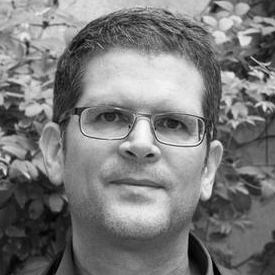
Hansjörg Dilger (since 2018)
* 1968, Professor of Social and Cultural Anthropology at Freie Universität Berlin. After obtaining his master’s degree (Magister) in social and cultural anthropology at FU Berlin with minors in African studies and English studies (Humboldt-Universität zu Berlin), he completed his doctorate in anthropology at FU Berlin with a dissertation on “HIV/AIDS and Social Relations in the Context of Rural-Urban Migration in Tanzania” (2004). Between 2005 and 2007 he was Assistant Professor for “African Health and Society” at the University of Florida, Gainesville, and from 2007 to 2013 Junior Professor with a focus on “Religious Diversity in Transnational Contexts” at FU Berlin. Since 2011 he is head of the research unit Medical Anthropology | Global Health and since April 2022 speaker of the SFB 11171 “Affective Societies: Dynamics of Living Together in Moving Worlds” at Freie Universität. In 2014 he was Visiting Professor at the Institute of Cultural and Social Anthropology, University of Vienna, and Visiting Fellow at the African Center for Migration and Society, University of the Witwatersrand. Hansjörg Dilger’s research and teaching focus on medicine, health and religion, and the reorientation of anthropological collections in the context of global and transnational interconnections. Selected publications in the field of medical anthropology include the special issue “Im/Mobility and Dis/Connectivity in Medical Globalization: How global is Global Health?” in Global Public Health (2018, with Dominik Mattes) and the edited volume Medicine, Mobility and Power in Global Africa: Transnational Health and Healing (2012, with Stacey Langwick and Abdoulaye Kane, Indiana University Press). He is a founding member of the Medical Anthropology Working Group in the German Anthropological Association (DGSKA e.V.), established in 1996, and its first chair between 2004 and 2010. From 2015–2019 he was chairman of the DGSKA e.V., which was called Deutsche Gesellschaft für Völkerkunde until 2017.
Katarina Greifeld (since 2004)
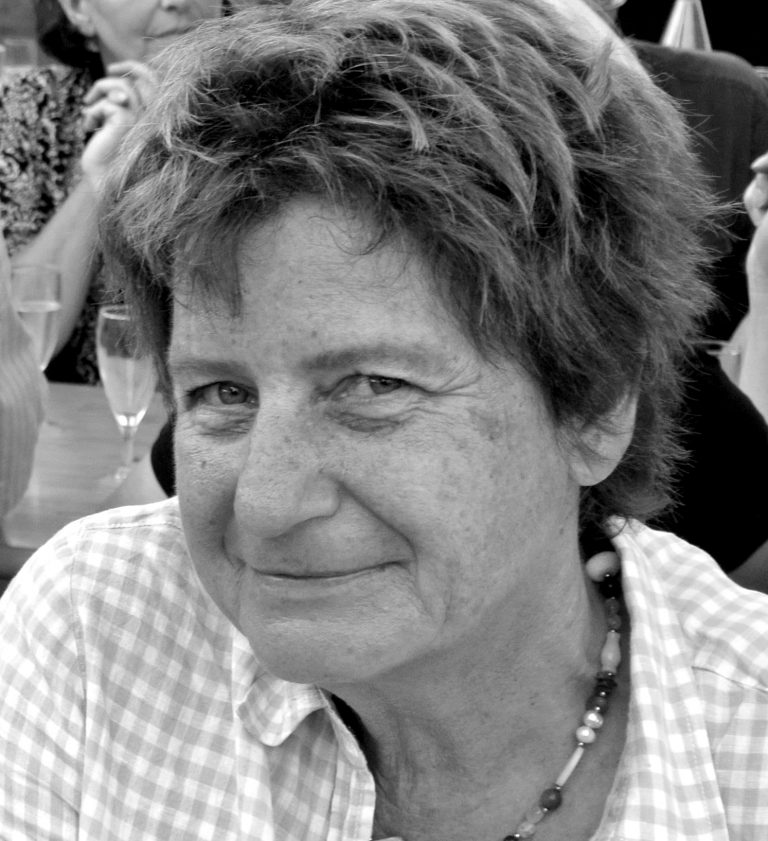
Born 1956, Dr. phil., freelance development policy expert in Frankfurt am Main, especially in the field of sexual health, including supervision of qualitative research e.g. on female circumcision in Mali. Doctorate in ethnology (1984) on an ethnomedical topic („The Mayo healing doctrine – resistance and adaptation in the example of the medical system”), most important publication (ed.): Ritual und Heilung. Eine Einführung in die Medizinethnologie, Berlin 2003, completely revised 4th new edition Berlin 2013 with the title „Medizinethnologie. Eine Einführung”. Also Greifeld K., Krahl W., Diesfeld H.J. & Stubbe H. (eds) 2019. „Grenzgänge zwischen Ethnologie, Medizin und Psychologie. Für Ekkehard Schröder zum 75. Geburtstag”.(Border crossings between ethnology, medicine and psychology. For Ekkehard Schröder on his 75th birthday) Berlin: VWB-Verlag. She has been a member of AGEM since 1980 and was active in AGEM board as 2nd chair from 1988 to 1992, and as 1st chair in 2008–2009.
Eckhardt Koch (since 2004)
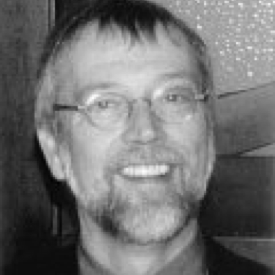
Jg. 1951, Prof. Dr. med., Facharzt für Neurologie, Psychiater und Psychotherapie. Bis Januar 2017 Leitender Arzt „Interkulturelle Psychiatrie“ der Vitos Klinik für Psychiatrie und Psychotherapie Gießen-Marburg. Ab 1992 Aufbau und Leitung einer psychotherapeutisch / psychosomatisch ausgerichteten Station für interkulturelle Psychiatrie. Seit Gründung im November 1994 bis 2010 erster Vorsitzender der Deutsch-Türkischen Gesellschaft für Psychiatrie, Psychotherapie und psychosoziale Gesundheit e.V. (DTGPP). In dieser Funktion Organisation von Kongressen in Deutschland und der Türkei. Seit 2013 Migrationsbeauftragter der Vitos Holding Kassel und seit 2014 Honorarprofessor am Institut für Europäische Ethnologie/Kulturwissenschaft der Philipps-Universität Marburg. Forschungsfelder Transkulturelle Psychiatrie und interkulturelle Öffnung von Institutionen, zahlreiche zumeist transkulturell-psychiatrische Publikationen in Büchern und Zeitschriften sowie Buchpublikationen.
William Sax (since 2004)
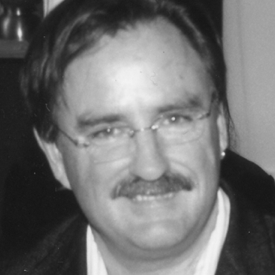
*1957, Prof. William S. Sax, PhD obtained degrees from the University of Washington in Seattle and Banaras Hindu University before earning his M.A. (1982) and PhD (1987) in Anthropology at the University of Chicago. He taught for two years at Harvard University and eleven years in Christchurch, New Zealand before becoming head of the Department of Anthropology in 2000.
Eberhard Wolff (since 2004)
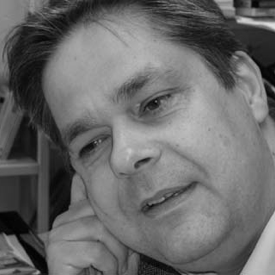
*1959, Adjunct Professor for Cultural Anthropology at the University of Basel and Academic Associate at the Department for Social Anthropology and Cultural Studies of the University of Zürich, both Switzerland. He holds a Master and a Dr. rer. soc. In Cultural Studies from the University of Tübingen. For many years he has been working at various Institutes for the History of Medicine in Germany and Switzerland. Eberhard Wolff’s fields of research and publication comprise a variety of topics, among which the History and Anthropology of Health, Medicine and the Body prevails. Additionally he is editor of the Swiss Medical Journal (Schweizerische Ärztezeitung) and teaches Medical History at the University of Zürich Medical Faculty.
Martin Zillinger (since 2016)
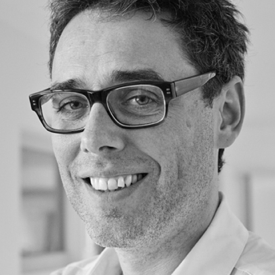
After completing his studies in ethnology and philosophy at Hamburg, Berkeley and Tübingen, Martin Zillinger undertook field research in Meknes, Morocco, on new media and trance practices, with fellowship support from the DFG and DAAD. The resulting book has been awarded the research prize of the Frobenius society. In research that grew out of a follow-up DFG project on Trance Mediums and New Media at the University of Siegen, Zillinger has increasingly dealt with the connection between migration and religion among Arab-speaking migrants in Brussels and Paris. His fieldwork in the wide-ranging networks of these religious groups has taken him to East Africa, where he is currently undertaking research on inclusion and exclusion in socio-ecological transformation processes. Zillinger also conducts research in media anthropology and leads a research project on digital publics in Morocco, as well as a project on new “Communities of Practice” at the Global South Studies Center Cologne. His many publications address issues at the intersection of media studies and philosophy, and are focused on the problems of religion – often in transit and translation – among both (North-)African and Migrant communities in Europe.